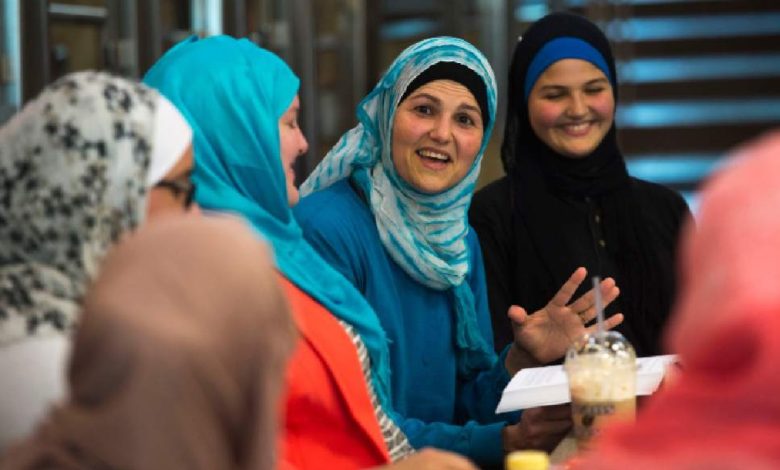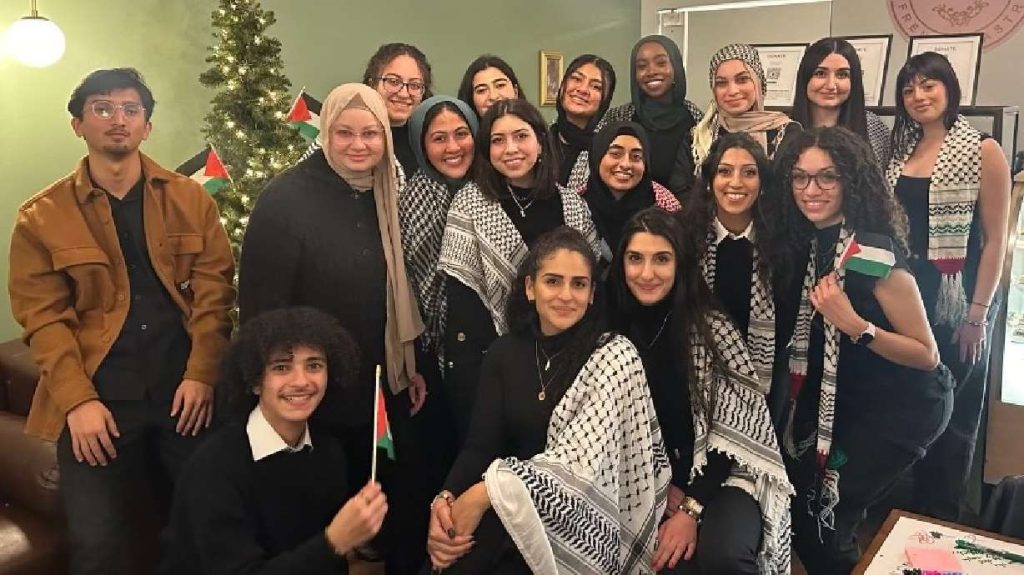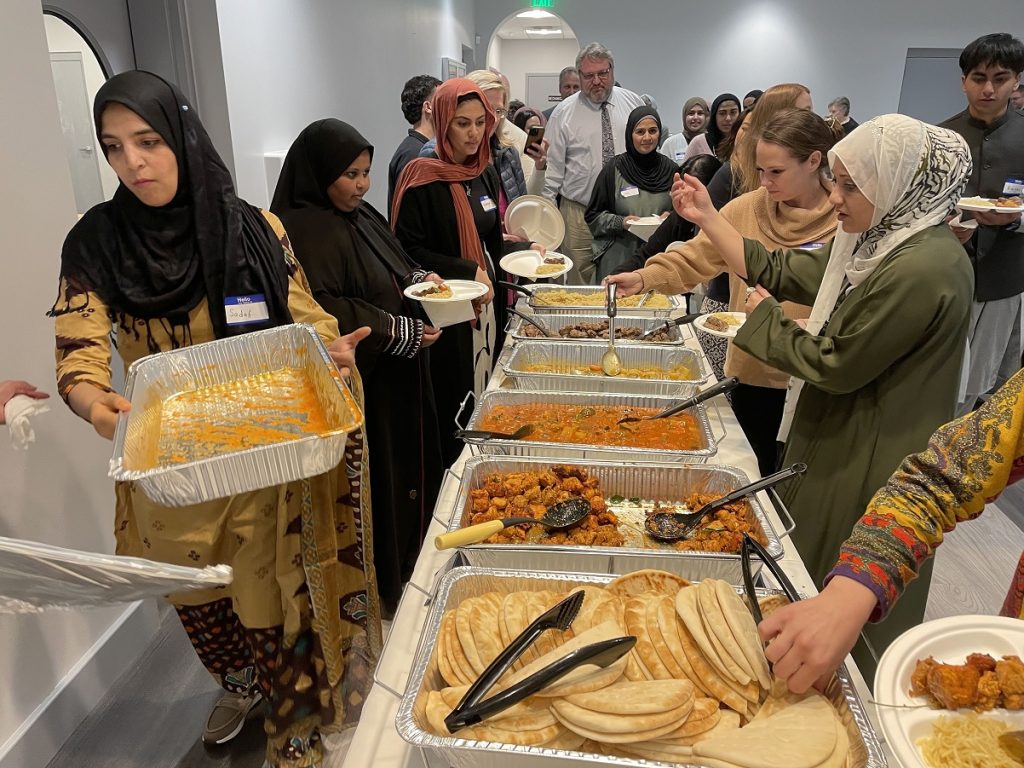The Rise of Utah’s Muslim Community: Faith and Culture in the Mountain West
Explore how Utah’s Muslim community is building mosques, schools, and cultural networks in a scenic and fast-growing region.

Utah, best known for its stunning landscapes, mountainous terrain, and strong cultural identity, has seen a steady rise in its Muslim population over the past few decades. Though relatively small compared to Muslim communities in major coastal states, Utah’s Muslims are active, organized, and growing, creating a meaningful presence in the state’s social, religious, and educational life.
Muslims in Utah come from a variety of backgrounds — Middle Eastern, South Asian, African, Bosnian, and American converts — contributing to a diverse and dynamic community.
Mosques and Islamic Centers
Utah’s Muslim community has established mosques and Islamic centers across the state, particularly in the Salt Lake City metropolitan area, which is home to the largest concentration of Muslims.
-
Utah Islamic Center (UIC) – Located in Sandy, this is one of the main mosques serving the Salt Lake Valley. It offers daily prayers, Friday khutbahs, Quran classes, youth programs, interfaith events, and community services.
-
Islamic Society of Greater Salt Lake (ISGSL) – Operates two major locations: Khadeeja Mosque in West Valley City and Noor Masjid in Salt Lake City. Both are central hubs for religious activities, Ramadan iftars, Eid prayers, Arabic classes, and cultural programs.
-
Bosnian Islamic Cultural Center – Reflecting Utah’s Bosnian Muslim community, this center promotes Islamic education and cultural preservation.
-
Ogden and Logan Islamic Centers – Serve smaller Muslim populations in Northern Utah, including university students and families.
These centers are not just places of worship but cultural, educational, and social hubs, offering everything from youth mentorship and family counseling to Ramadan programs and interfaith dialogues.

Halal Food and Grocery Options
While Utah doesn’t have as many halal restaurants as larger Muslim hubs, the halal food scene is growing steadily, especially around Salt Lake City:
-
Afghan Kitchen (South Salt Lake) – A popular family-run restaurant offering halal Afghan cuisine.
-
Mazza – Serves Middle Eastern dishes with halal options.
-
Shahrazad Restaurant – A go-to place for authentic halal Middle Eastern food.
-
Halal Markets & Butchers – Several halal grocery stores such as “World Fresh Market” and “Petra Market” provide halal meats and imported goods for the community.
Many mainstream grocery chains in Utah have begun carrying halal-certified meat, making it easier for Muslim families to shop locally.
Education and Student Life
Utah’s Muslim community places a strong emphasis on education, both secular and religious:
-
Weekend Islamic Schools at local mosques teach Qur’an, Arabic, Islamic history, and values to children.
-
Islamic School of Greater Salt Lake offers K–8 education with a blend of academic and Islamic curricula.
-
University Muslim Students – The University of Utah and Utah State University have Muslim Student Associations (MSAs) that organize Friday prayers on campus, interfaith dialogues, Ramadan iftars, Eid celebrations, and cultural showcases.
Muslim students from the Middle East, Africa, and South Asia often choose Utah for engineering, medical, and science programs, contributing to a vibrant academic and cultural environment.

Community Life and Integration
Despite being a religious minority in a predominantly Mormon state, Muslims in Utah have built strong relationships with local communities. Interfaith dialogue is encouraged through:
-
Open mosque days that welcome non-Muslims to learn about Islam.
-
Collaborative charity events with churches and civic organizations.
-
Interfaith panel discussions at universities and community centers.
Utah’s Muslim population may be smaller in number, but it is well-respected for its community engagement, charitable work, and emphasis on education and cultural contribution.
Diversity Within the Community
Utah’s Muslims come from Iraq, Syria, Afghanistan, Pakistan, India, Bosnia, Somalia, Sudan, and increasingly include American-born Muslims and converts. This diversity is reflected in:
-
Different mosque traditions (Arab-led, South Asian-led, Bosnian, etc.)
-
Varied cultural festivals and cuisines
-
Language programs (Arabic, Bosnian, Urdu, Somali) at community centers
Such diversity enriches the broader Utah society, making Islamic events open and welcoming to all backgrounds.
Ramadan and Eid in Utah
Ramadan is a special time for Utah’s Muslim community, with mosques hosting nightly Taraweeh prayers, Qur’an recitations, and community iftars.
Eid al-Fitr and Eid al-Adha are celebrated with large congregational prayers at mosques or rented halls, followed by cultural festivals, bazaars, and family gatherings.

Challenges and Opportunities
Some of the challenges Muslims in Utah face include:
-
Limited number of halal dining options compared to big coastal cities.
-
Smaller community size, which can make finding Islamic schools or programs outside Salt Lake City more difficult.
-
Housing affordability in rapidly growing urban areas.
However, opportunities abound: Utah’s welcoming atmosphere, strong interfaith networks, low crime rates, and affordable cost of living make it an appealing destination for Muslim families seeking stability and growth.
Conclusion
Utah may not be the first place that comes to mind when thinking of Muslim communities in America, but its Muslim population is steadily expanding and thriving. Through mosques, schools, cultural centers, and community engagement, Muslims have created a visible, respected, and active presence in the state.
With its stunning natural beauty, educational opportunities, and supportive interfaith environment, Utah offers a unique and promising home for Muslims in the Mountain West.



